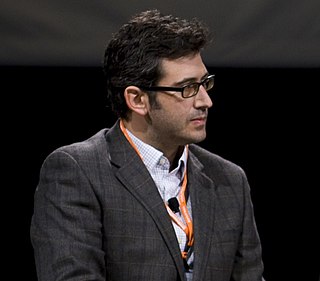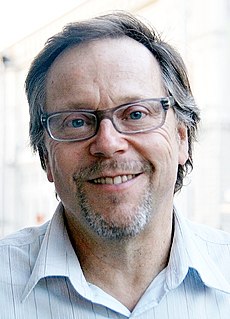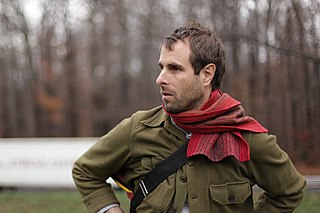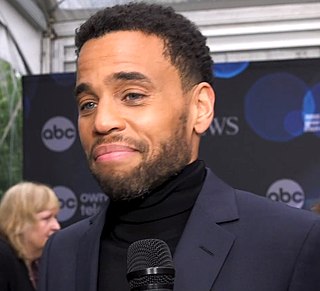Цитата Сэма Седера
Я думаю, что обычно в повествовательном фильме происходит то, что камера конструирует реальность.
Темы цитат
Связанные цитаты
Что касается так называемых документальных фильмов о мухах на стене, то утверждается, что камера — это прозрачное окно в ранее существовавшую реальность. На самом деле происходит то, что съемочная группа и объекты сотрудничают, чтобы смоделировать реальность, в которой они притворяются, что камеры нет.
Есть немного эмбиентной музыки, которая ничего не делает. Я бы не сказал, что это повествование. Это повествование в том смысле, что он создает своего рода мир, в котором ничего не происходит, где на самом деле ничего не происходит, поэтому вы становитесь другим человеком, услышав восемь минут одного и того же. Да, я все время слышу музыку, в которой одна идея связана с другой идеей, и я чувствую, что такая музыка не повествовательна.

































